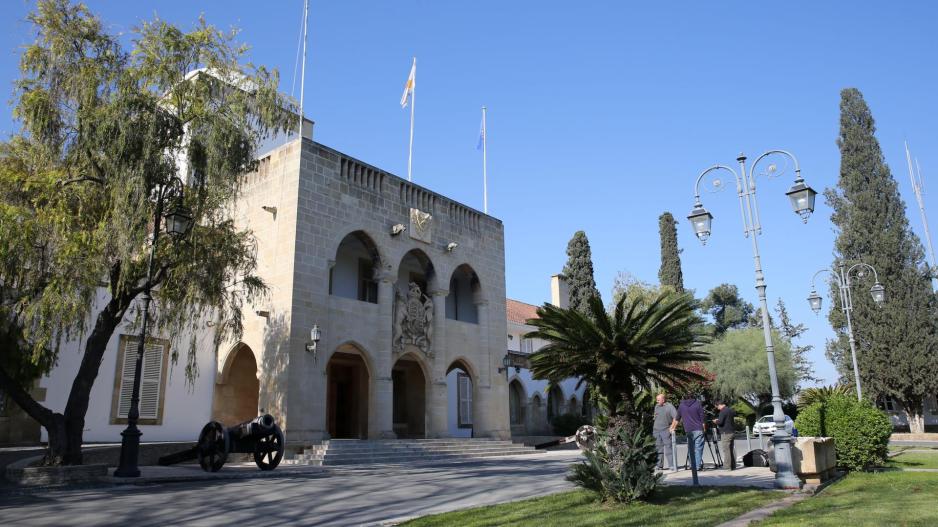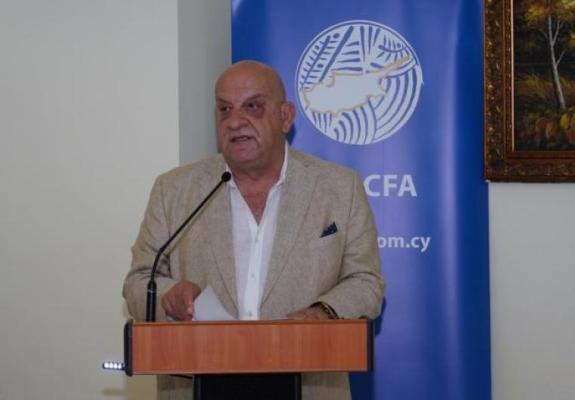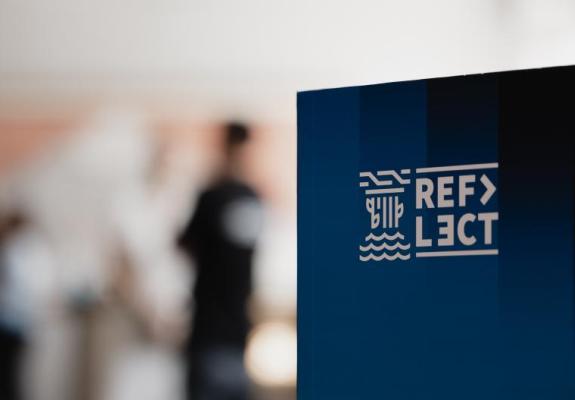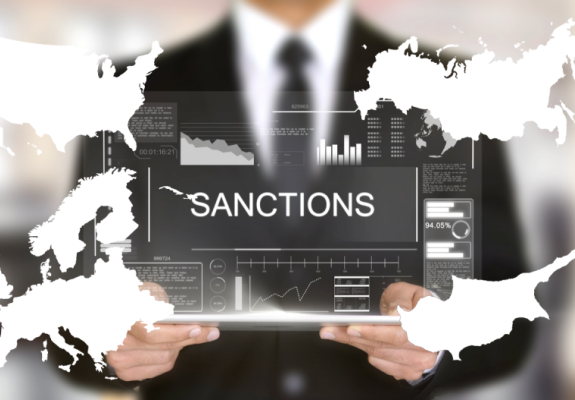Key Day for the Future of the Greece-Cyprus Interconnection Project
High-Level Discussions Will Clarify Positions and Address Concerns, With Cyprus Seeking Clear Commitments on Costs and Project Transparency
Today marks a critical and decisive moment for the future of the Crete-Cyprus interconnection via the Great Sea Interconnector. While immediate decisions may not be made, the meeting will clarify positions and dispel doubts surrounding various financial, geopolitical, and legal issues related to the project.
The participation of the President of the Republic of Cyprus, Nikos Christodoulides, in this high-level meeting, alongside representatives from all involved parties, underscores the importance Cyprus places on the realization of the project.
President Christodoulides is expected to assert Cyprus’s commitment to participating in the project but will emphasize the need for a clear and comprehensive understanding. Cyprus seeks assurances that the project will be viable and that the Cypriot people will not bear the brunt of poor decisions, as has been the case with other energy projects.
According to sources from Brief, an essential aspect of the meeting will be the official documentation of proceedings to ensure transparency and prevent any future legal disputes, particularly those concerning the Exclusive Economic Zone (EEZ) of the Republic of Cyprus. Regarding potential challenges from Turkey, Cyprus has been reassured by statements from the European Commission, the Greek Prime Minister, and even supportive remarks from the U.S. Ambassador, all of which have alleviated concerns.
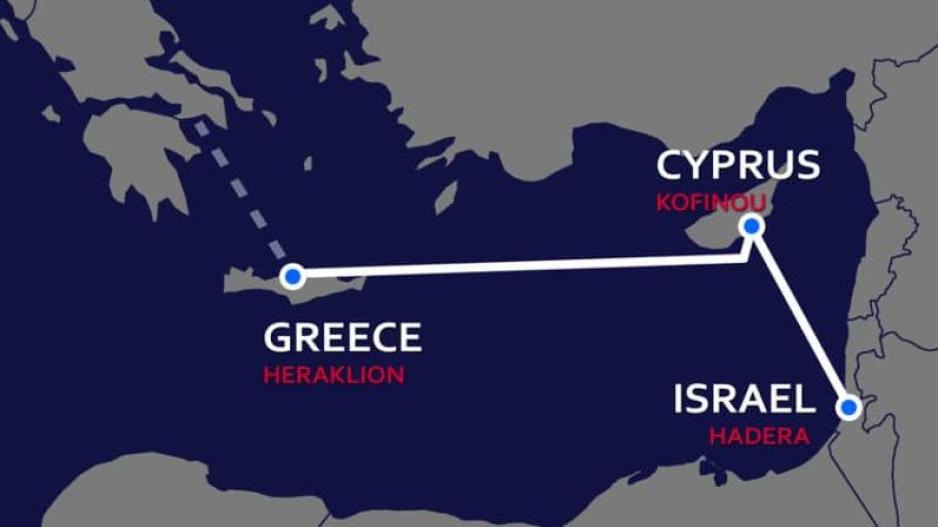
The Cypriot side’s demands focus on the following:
-
Guarantees, not just verbal assurances, that the construction costs will not exceed the budgeted amounts and will not unduly burden Cypriot taxpayers.
-
Commitments from both the Greek government and the EU that the project will be completed, ending Cyprus’s energy isolation and ensuring its energy security.
-
Transparency in the terms of the agreement with the Greek side and the companies responsible for the project's construction and operation.
-
Clear and well-substantiated forecasts that Cyprus and its citizens will benefit economically, primarily through a reduction in electricity costs.
The involvement of the French company Nexans, which is responsible for constructing the cable, is also of utmost importance. Nexans is expected to provide answers to several questions from the Cypriot side, as communication thus far has primarily been through the Greek operator, ADMIE-IPTO, which has acted as an intermediary.
Present at the meeting will be:
-
The Ministers of Energy, Commerce and Industry, Finance, and the Deputy Minister to the President on behalf of the Republic of Cyprus,
-
The Greek Minister of Energy,
-
A representative of the European Commission,
-
Representatives from IPTO,
-
Representatives from the French company Nexans,
-
The Legal Service of the Republic of Cyprus.
